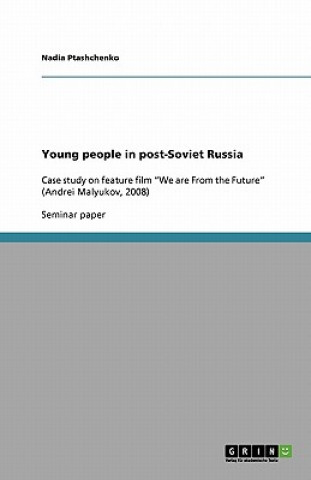
Kód: 01623859
Young people in post-Soviet Russia
Autor Nadia Ptashchenko
Seminar paper from the year 2008 in the subject Politics - International Politics - Region: Russia, printed single-sided, grade: 7, Uppsala University, course: M.A. "Euroculture: Europe in the Wider World", language: English, abst ... celý popis
- Jazyk:
 Angličtina
Angličtina - Vazba: Brožovaná
- Počet stran: 36
Nakladatelství: Grin Verlag, 2009
- Více informací o knize

388 Kč

Skladem u dodavatele v malém množství
Odesíláme do 4 dnů
Potřebujete více kusů?Máte-li zájem o více kusů, prověřte, prosím, nejprve dostupnost titulu na naši zákaznické podpoře.
Přidat mezi přání
Mohlo by se vám také líbit
Dárkový poukaz: Radost zaručena
- Darujte poukaz v libovolné hodnotě a my se postaráme o zbytek.
- Poukaz se vztahuje na celou naši nabídku.
- Elektronický poukaz vytisknete z e-mailu a můžete ihned darovat.
- Platnost poukazu je 12 měsíců od data vystavení.
Více informací o knize Young people in post-Soviet Russia
Nákupem získáte 39 bodů
 Anotace knihy
Anotace knihy
Seminar paper from the year 2008 in the subject Politics - International Politics - Region: Russia, printed single-sided, grade: 7, Uppsala University, course: M.A. "Euroculture: Europe in the Wider World", language: English, abstract: During the course of the twentieth century, the Soviet Union rose and fell, and Russia re-emerged. The Russians were left feeling robbed of a sense of place, of purpose and of identity . By the mid-1990 s, Russia, while contending with the ups and downs of economic crisis and the health of its leaders, was trying to find its own course, attempting to resurrect past glories, learn from recent mistakes, and forge a place in a community of nations. Together with society, youth was going through a period of change in its ideological, economic and moral values. According to Martha Olcott, it was Russian youth, who seemed to suffer disproportionately from the numerous social disorders in the USSR at the end of the decade . Ilynsky talks about the widespread moral decay in Russia in the 1990 s and the lack of direction among many young people their poor understanding of freedom, lack of faith in politicians, growing sense of injustice and general concerns about what the future might bring . §§Russian identity is and has been a topic of continual argument, of conflicting claims, competing images, contradictory criteria. According to S. Franklin, Russia is continually represented as a question, a field of possibilities, a set of contradictions . After the collapse of the Soviet Union in 1991 even more intensified self-questioning in the new Russia started. Usually, such questions have been posed by the young population of Russia who happened to live in the period of global economic and ideological transitions. What kind of country is Russia to be? What has happened to young people in the post-Communist phase? The focus of this paper is how the changing economic, political and social geography of Russia affected the youth since the fall of communism in 1991. I will reflect upon the typical portrait and particular features of the post-Soviet youth. My research question is as follow: What images, sentiments, and obligations do young Russians attribute to their homeland, and how do these contribute to an understanding of their notions of ethnicity, patriotism, and nationalism?
 Parametry knihy
Parametry knihy
Zařazení knihy Knihy v angličtině Society & social sciences Politics & government
388 Kč
- Plný název: Young people in post-Soviet Russia
- Podnázev: Case study on feature film "We are From the Future" (Andrei Malyukov, 2008)
- Autor: Nadia Ptashchenko
- Jazyk:
 Angličtina
Angličtina - Vazba: Brožovaná
- Počet stran: 36
- EAN: 9783640398751
- ISBN: 3640398750
- ID: 01623859
- Nakladatelství: Grin Verlag
- Hmotnost: 54 g
- Rozměry: 216 × 140 × 2 mm
- Datum vydání: 14. August 2009
Oblíbené z jiného soudku
-

Case Against the Sexual Revolution
392 Kč -
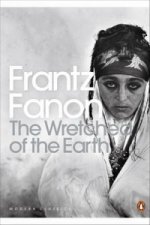
Wretched of the Earth
286 Kč -

The Trigger
586 Kč -
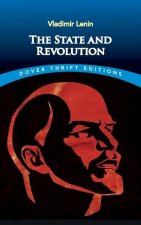
State and Revolution
117 Kč -
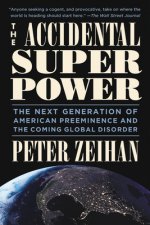
Accidental Superpower
455 Kč -

My Autobiography
306 Kč -

Fight Like A Girl
276 Kč -
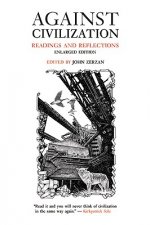
Against Civilization
389 Kč -
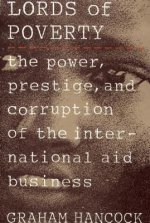
The Lords of Poverty: The Power, Prestige, and Corruption of the International Aid Business
324 Kč -
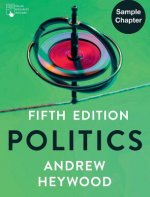
Politics
1301 Kč -
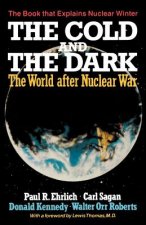
Cold and the Dark
482 Kč -
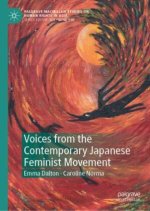
Voices from the Contemporary Japanese Feminist Movement
1343 Kč -
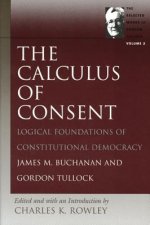
Calculus of Consent
403 Kč -
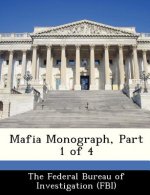
Mafia Monograph, Part 1 of 4
532 Kč -
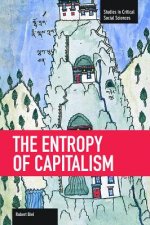
Entropy Of Capitalism
1124 Kč -

Harm Reduction or Harm Maintenance
781 Kč -
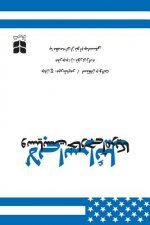
Israel Lobby and U. S. Foreign Policy
710 Kč -

Red Petrograd
554 Kč -
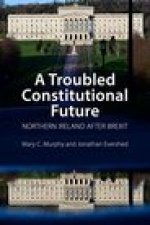
Troubled Constitutional Future
708 Kč -
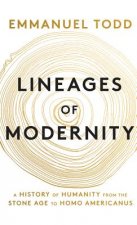
Lineages of Modernity - A History of Humanity from the Stone Age to Homo Americanus
1098 Kč -
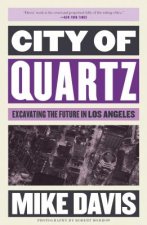
City of Quartz
379 Kč -

Inventing Vietnam
801 Kč -

Flash Boys - A Wall Street Revolt
258 Kč -
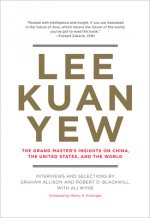
Lee Kuan Yew
500 Kč -
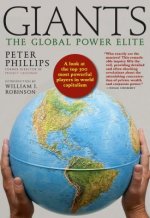
Giants
494 Kč -
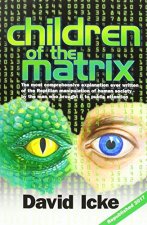
Children of the Matrix
454 Kč -
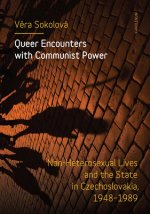
Queer Encounters with Communist Power
558 Kč -
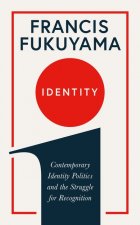
Identity
316 Kč -
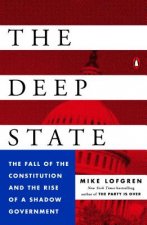
Deep State
387 Kč -
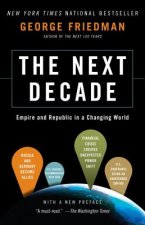
Next Decade
434 Kč -
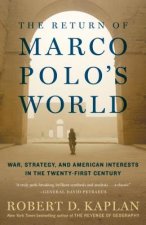
Return of Marco Polo's World
410 Kč -
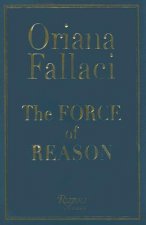
Force of Reason
493 Kč -
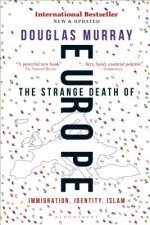
STRANGE DEATH OF EUROPE
473 Kč -
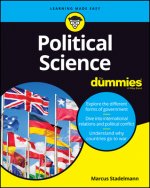
Political Science For Dummies
471 Kč -
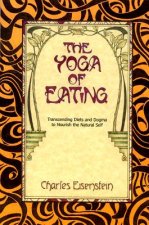
Yoga of Eating
287 Kč -
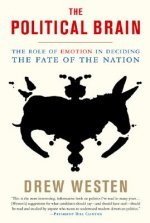
Political Brain
359 Kč -
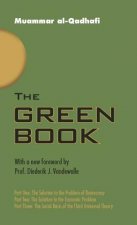
GREEN BOOK
196 Kč -
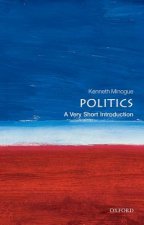
Politics: A Very Short Introduction
249 Kč -
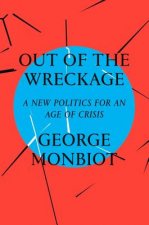
Out of the Wreckage
482 Kč -
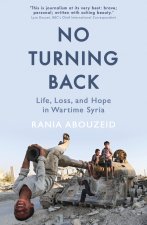
No Turning Back
303 Kč -

Urban Warfare in the Twenty-First Century
673 Kč -

Trade Marketing, Category Management, and Shopper Marketing
2257 Kč -
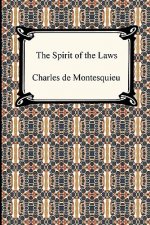
Spirit of the Laws
623 Kč -

USAF Military Working Dog Program - Scholar's Choice Edition
725 Kč -
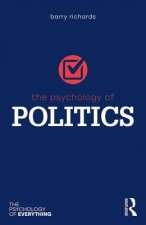
Psychology of Politics
555 Kč -
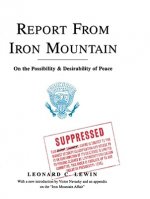
Report From Iron Mountain
366 Kč -

Lies My Teacher Told Me
561 Kč -
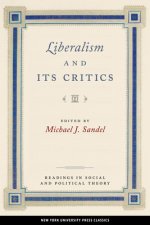
Liberalism and Its Critics
854 Kč -
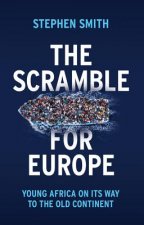
Scramble for Europe, Young Africa on its way to the Old Continent
446 Kč
Osobní odběr Praha, Brno a 12903 dalších
Copyright ©2008-24 nejlevnejsi-knihy.cz Všechna práva vyhrazenaSoukromíCookies



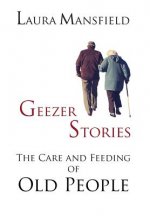
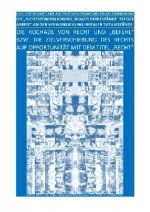
 Vrácení do měsíce
Vrácení do měsíce 571 999 099 (8-15.30h)
571 999 099 (8-15.30h)